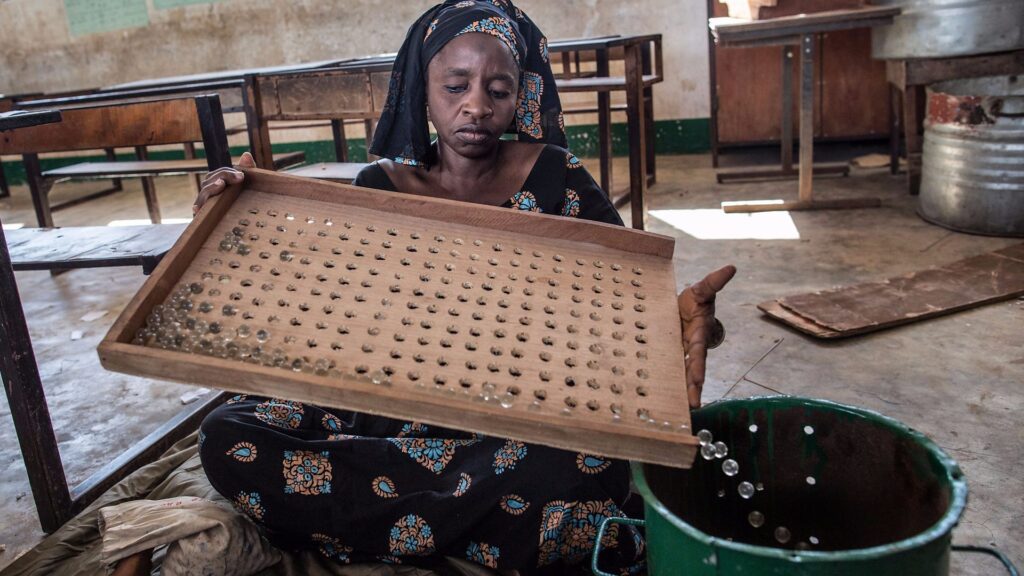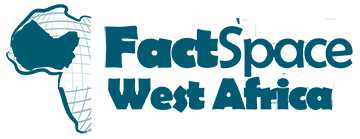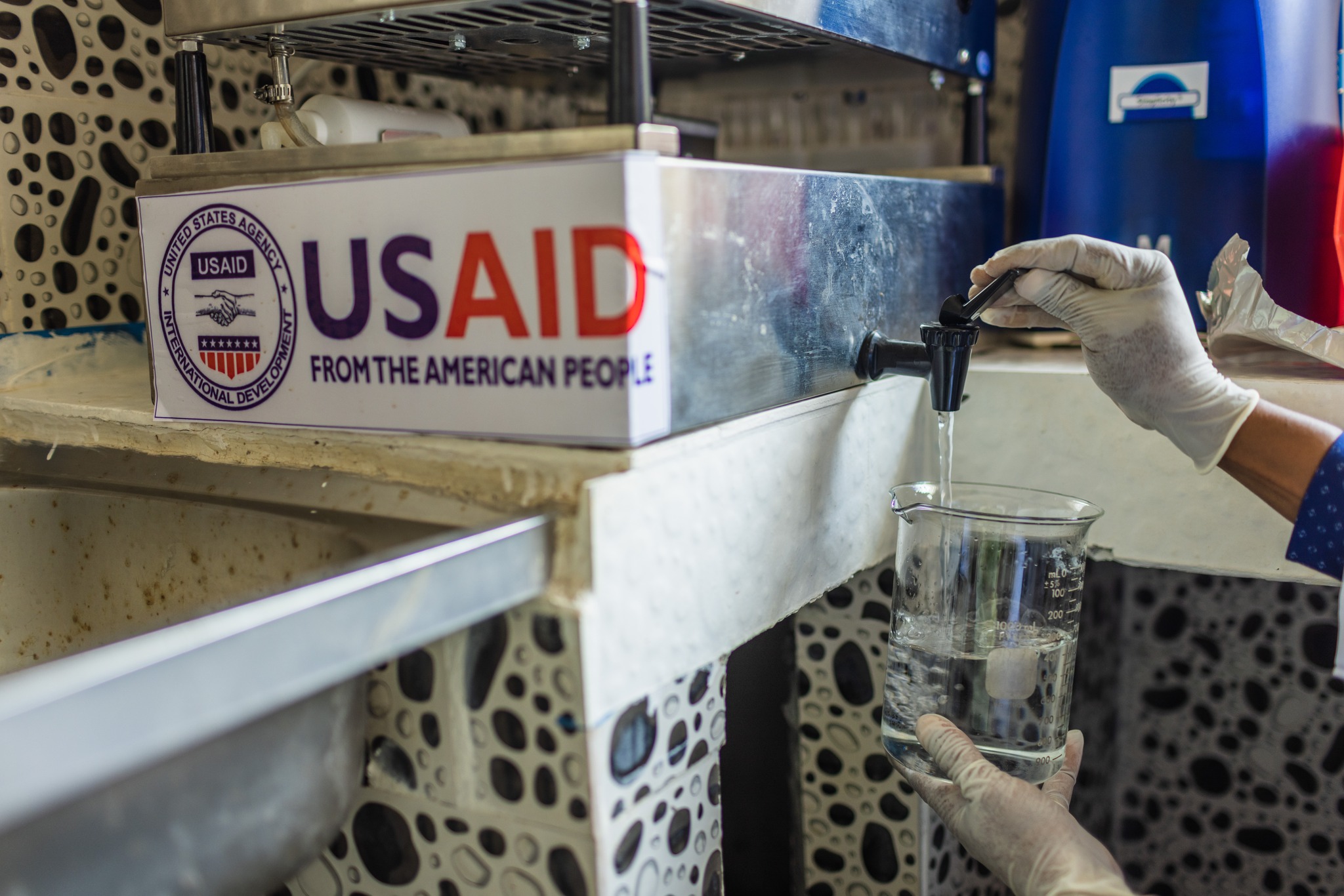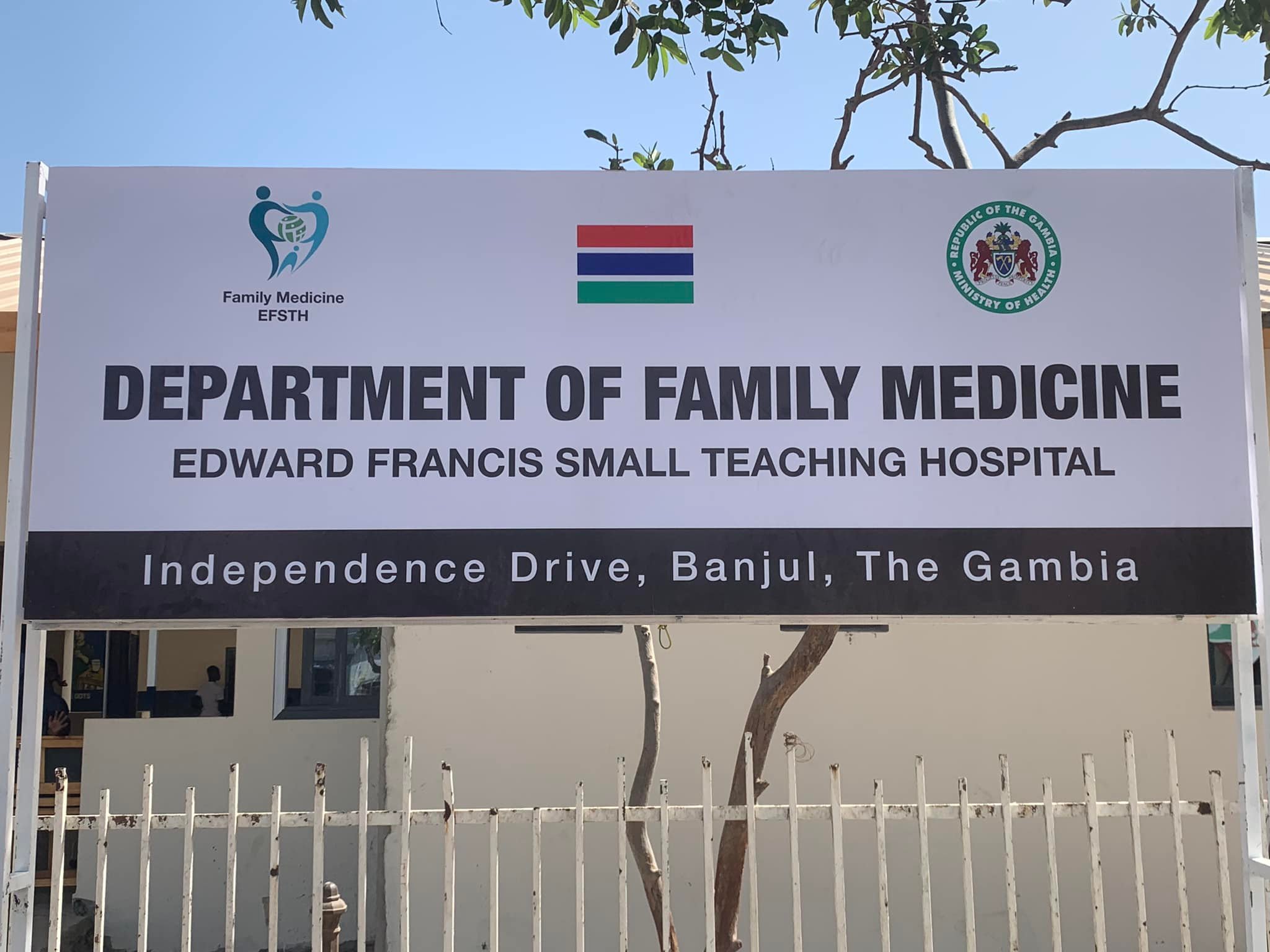
On December 4, 2021, Gambians would be going to the polls to elect a new President.
This would be followed by the legislative and local government elections on April 22, 2022 and May 13, 2023, respectively.
Across the 7 administrative regions of the country, 962,157 eligible voters would be expected to participate in the first-post Yahya Jammeh elections.
The election management body, Independent Electoral Commission (IEC) has designated 1,554 polling stations in 53 constituencies to facilitate the voting process on election day.
The work of the IEC is guided by the Electoral Laws in the Constitution (as amended), Elections Act (as amended) and the Local Government Act 2002 (as amended).
According to the IEC, before voting, the following conditions need to be met:
- One should be in possession of a Gambian voter’s card
- present yourself at the right polling station
- must have one’s name on the Register
- must not be serving a prison term
- must not be of unsound mind
- must not be in a state of inebriation.
“Any individual who violates voting rules or performs any Election offence will be arrested by the police and prosecuted.” the Director of Communications at the Independent Electoral Commission(IEC), Pa Makam Khan told FactSpace Gambia in an interview.
Polls open at 8.00 am and close at 5.00 pm, however, if there are voters in the queue at 5.00 pm, they will be allowed to cast their ballot.
The following is the procedure for voting according to the IEC:
- Voter enters polling station
- Voter shows his/her voting card to the polling assistant.
- Polling assistant directs voter to the right queue.
- Voter reports to the Assistant Presiding Officer (APO), who checks the voter’s card against the Register of Voters.
- APO checks that the voting card is genuine and the identity of the voter correlates that on the card.
- Once satisfied, the APO draws a line through the serial number on the Alphabetical register of voters (N.B. If the voter is under any query as to his/her identity, the voter is referred to the Presiding Officer)
- Voter then reports to the Polling Officer
- The Polling Officer dips the voter’s left forefinger into indelible ink to ensure that they have been identified as eligible to vote.
- Voter proceeds to the Presiding Officer, who checks the voter’s finger and then hands him/her a marble/token.
- Voter enters the voting compartment and drops the marble/token in his/her chosen ballot drum.
- The Presiding Officer listens to the sound of the token/marble hitting the drum.
- The voter then leaves the voting compartment
Researched by Samuel Williams













